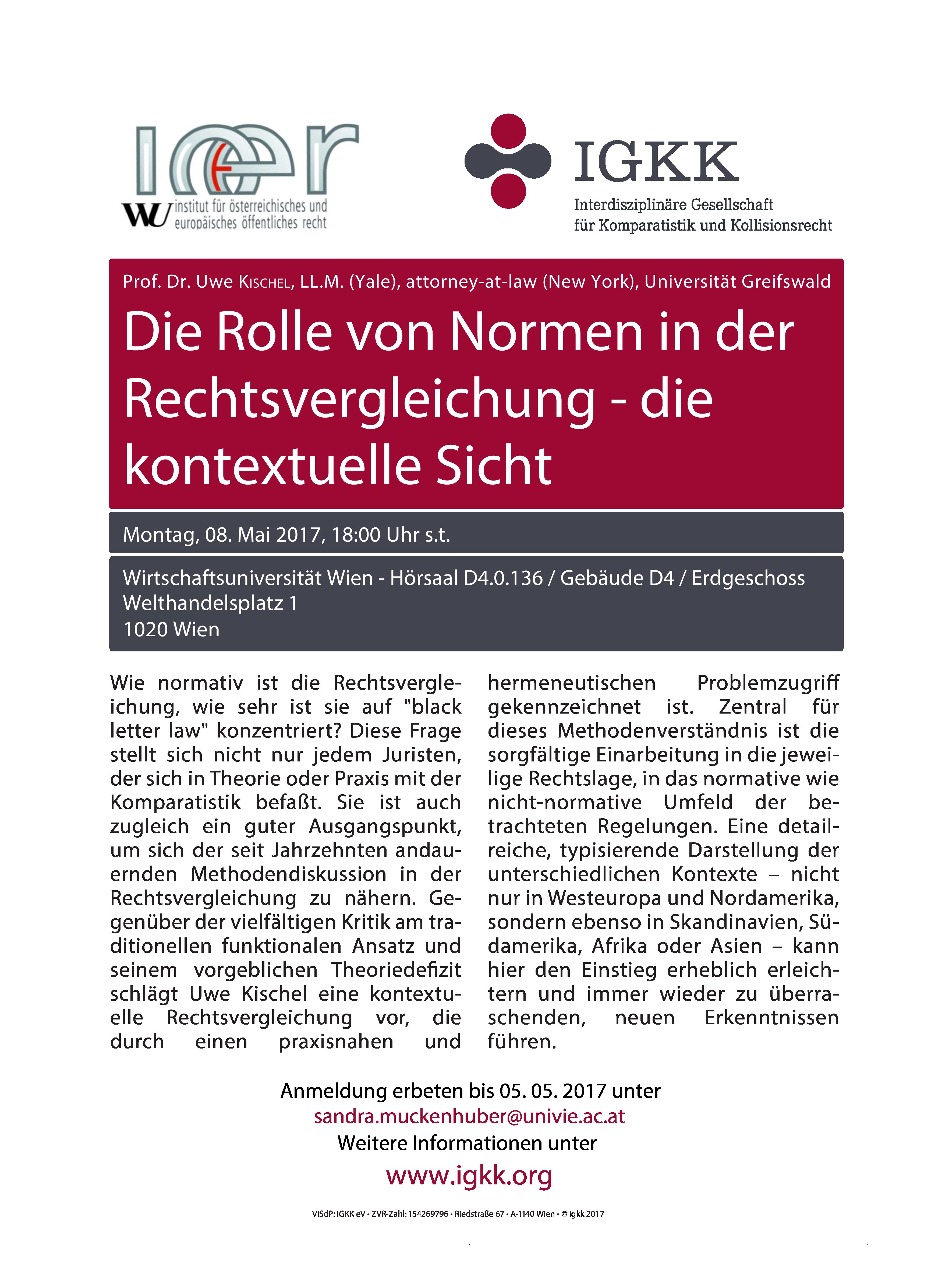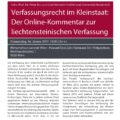Constitutional Geometry in Westphalian and Post-Westphalian Constitutionalism
Constitutional Geometry in Westphalian and Post-Westphalian Constitutionalism
Prof. Dr. Martin Belov
Sofia University St. Kliment Ohridski
Thursday, 18.10.2018, 7 p.m.
Sigmund Freud University
Freudplatz 1, 1020 Vienna, Austria
Martin Belov will present the transition from Westphalian to post-Westphalian constitutionalism in the light of the concept of constitutional geometry. Constitutional geometry is a new analytical paradigm of constitutional semiotics. It is paradigm which tries to detect, analyze, deconstruct and explain the different shapes and forms used as explanatory and ordering schemes by the constitution and the constitutional law. The main thesis of the presentation is that we are currently undergoing a massive constitutional shift from Westphalian to post-Westphalian constitutionalism produced by three main phenomena: globalization, information revolution and mobility revolution.
The lecture will be…


